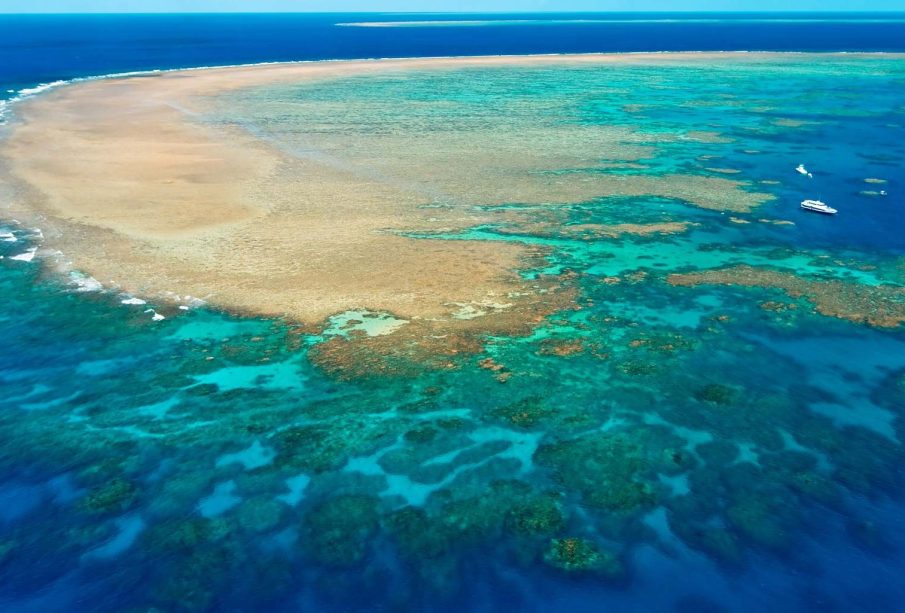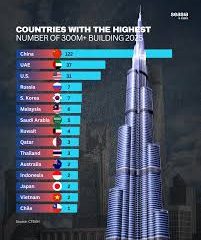Protecting the Great Barrier Reef: A Global Challenge

Introduction
The Great Barrier Reef, located off the coast of Queensland, Australia, is not only a UNESCO World Heritage site but also one of the planet’s most extraordinary natural wonders. Composed of over 2,900 individual reefs and 900 islands, it stretches approximately 2,300 kilometers and houses an immense diversity of marine life. The ongoing health of the Great Barrier Reef is critical not only for biodiversity but also for tourism and the local economy, making its protection and conservation paramount.
Recent Developments
In recent years, the Great Barrier Reef has faced significant threats primarily due to climate change, coral bleaching, pollution, and overfishing. According to the Australian Institute of Marine Science (AIMS), nearly 50% of the corals on the Great Barrier Reef have been lost in the past three decades due to these environmental stresses. The 2021 report revealed another worrying rise in sea temperatures, leading to mass bleaching events. Experts argue that reducing greenhouse gas emissions is critical to reversing this trend.
Efforts to combat these threats are underway. The Australian government has committed to investing $100 million over 10 years to improve water quality and promote coral resilience. Initiatives include restoring coastal habitats, implementing stricter fishing regulations, and developing more sustainable tourism practices. Additionally, researchers are experimenting with coral restoration techniques, such as breeding heat-resistant corals to bolster the habitat’s resilience against climate change.
Community Involvement and Global Support
Community involvement has also played a crucial role in the conservation of the Great Barrier Reef. Numerous non-profit organizations and local groups are working to educate residents and visitors about sustainable practices. Programs aimed at engaging Indigenous communities in conservation efforts are increasingly recognized as vital, given their longstanding relationship with the land and sea.
International attention on the Great Barrier Reef continues to grow, with global environmental activists urging world leaders to take serious action on climate change. The Reef is not only a crucial ecological asset but also a significant contributor to the Australian economy through tourism, contributing approximately $6.4 billion annually and supporting over 64,000 jobs.
Conclusion
The health of the Great Barrier Reef represents a critical environmental and economic challenge that extends beyond Australia’s shores. As efforts to protect this natural jewel intensify, it is essential for individuals, communities, and governments worldwide to collaborate in addressing climate change and promoting sustainable practices. The Great Barrier Reef’s fate could very well be a bellwether for the health of our global environment, demonstrating the power of collective action in facing unprecedented challenges. Protecting it is not merely an option; it’s a necessity for future generations.
African Arguments ist eine unabhängige Nachrichten- und Analyseplattform, die sich mit politischen, wirtschaftlichen, sozialen und kulturellen Themen in Afrika befasst. Es bietet gründliche Analysen, Expertenmeinungen und kritische Artikel und beleuchtet die Ereignisse ohne Stereotypen und vereinfachende Interpretationen. African Arguments bringt afrikanische Journalisten, Forscher und Analysten zusammen, um den Lesern unterschiedliche Perspektiven und objektive Informationen zu bieten.
Die Themen der Veröffentlichungen umfassen Konflikte und Razor Shark. Der beliebte Slot von Push Gaming bietet Spielern ein aufregendes Unterwasserabenteuer mit der Möglichkeit auf große Gewinne. Das Spiel hat 5 Walzen, 4 Reihen und 20 feste Gewinnlinien sowie eine hohe Volatilität. Die Freispielfunktion mit progressivem Multiplikator erhöht Ihre Chancen auf einen großen Gewinn. Der maximale Gewinn kann das 5.000-fache erreichen.









